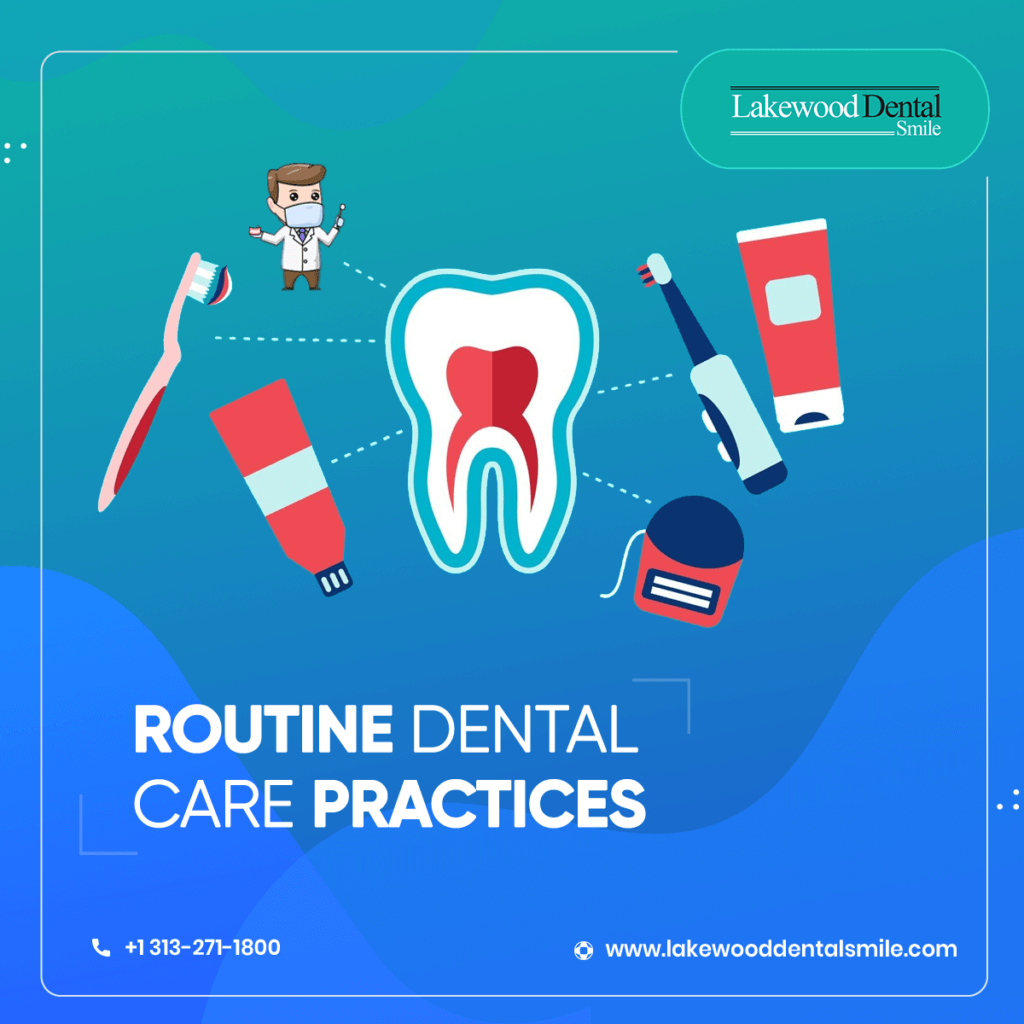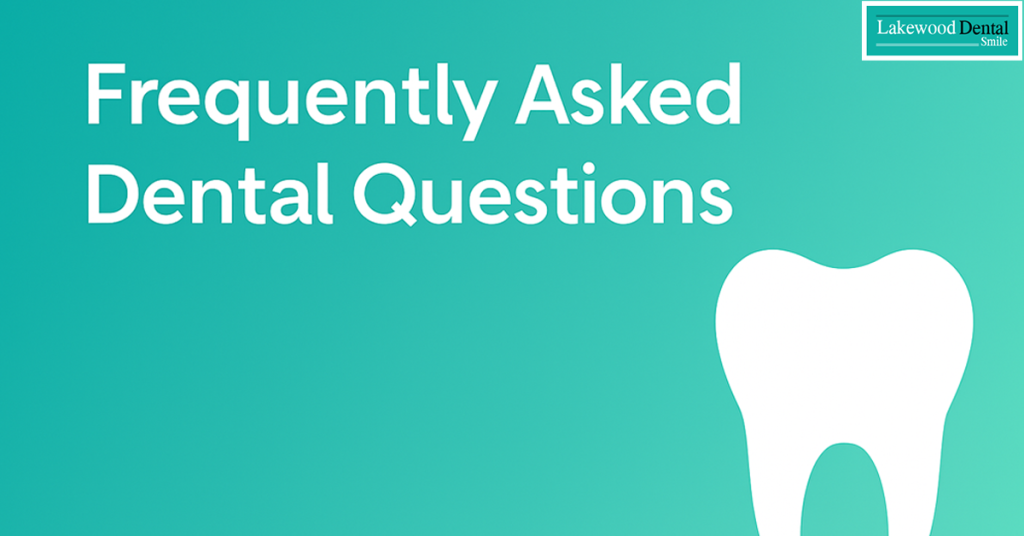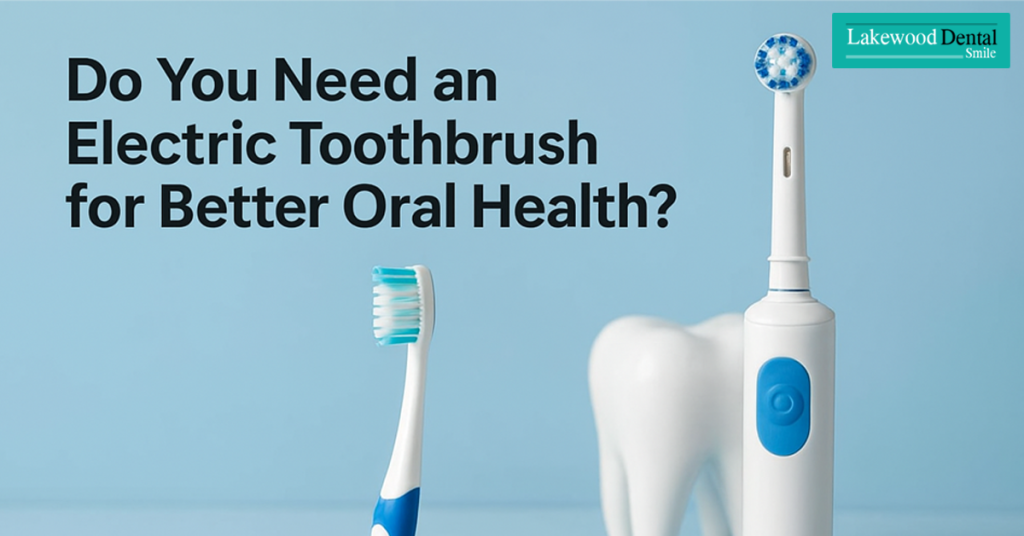A bright, confident smile starts with consistent routine dental care practices. Maintaining oral health isn’t just about brushing twice a day — it’s about developing daily habits that protect your teeth, gums, and overall wellness. By following simple, science-backed steps, you can prevent cavities, gum disease, and costly dental treatments in the future.
Let’s explore seven smart and easy routine dental care practices that can help you achieve and maintain a healthier, brighter smile.

🪥 1. Brushing Your Teeth the Right Way
Brushing is the foundation of every routine dental care practice. Spend at least two minutes brushing—dividing time evenly among all four quadrants of your mouth. Hold your brush at a 45-degree angle toward the gums to remove plaque effectively.
Use gentle, circular motions instead of harsh scrubbing to avoid damaging your enamel or gums. Brush your teeth twice a day—once in the morning and once before bed.
💡 Pro Tip: Electric toothbrushes with built-in timers can help you brush evenly and consistently for the full two minutes.
🧵 2. Flossing for Complete Cleaning
Even the best brushing technique can’t reach every surface. Flossing once a day removes food particles and plaque that hide between your teeth and along the gum line.
Use about 45 cm of floss, wrapping both ends around your fingers. Gently slide the floss between your teeth, following the natural curve to prevent gum injury. Move to a clean section of floss as you progress from tooth to tooth.
💬 Regular flossing prevents gum bleeding and bad breath—two early signs of poor oral hygiene.
🧴 3. Rinsing with Mouthwash
Mouthwash is a powerful addition to your routine dental care practices. After brushing and flossing, rinse your mouth with a fluoride mouthwash for 30–40 seconds. Keep your lips closed and let the liquid circulate around all areas of your mouth.
👅 4. Cleaning Your Tongue Properly
Your tongue can hold bacteria that cause bad breath and affect overall oral health. Whether you use a toothbrush, floss, or tongue scraper, gently clean your tongue every day.
- With a toothbrush: Add a small dab of toothpaste and brush in gentle circular motions.
- With floss: Wrap it around your fingers and lightly rub across the tongue’s surface.
- With a scraper: Hold both ends and move it from back to front with light pressure.
Always rinse your mouth thoroughly afterward. This small step goes a long way toward maintaining a clean and fresh mouth.
🍎 5. Practicing Extra Oral Hygiene Habits
Beyond brushing and flossing, add these extra oral hygiene habits to your daily routine:
- Visit your dentist regularly for check-ups and cleanings (at least twice a year).
- Examine your mouth during brushing to spot unusual signs like swelling or bleeding.
- Eat a balanced diet rich in fruits, vegetables, and dairy for strong teeth and gums.
- Limit sugary snacks and acidic drinks that weaken enamel.
✨ These everyday efforts keep your oral ecosystem balanced and healthy.
🩺 6. How to Know Your Oral Health Is on Track
You don’t need to wait for a dental issue to know whether your mouth is healthy. Here are some positive signs of good oral health:
- Gums are pink and firm, not red or swollen.
- Teeth feel smooth and clean, without a “fuzzy” film.
- You rarely experience bad breath or a dry mouth.
If any of these change, it may be time to schedule a professional cleaning or evaluation.
👩⚕️ 7. Example: The Importance of Daily Consistency
Consider Sarah, a working professional who used to skip flossing because of her busy schedule. Over time, she began noticing mild bleeding gums and bad breath. Once she committed to consistent routine dental care practices—brushing twice daily, flossing at night, and visiting her dentist regularly—her gum health improved significantly within three months.
This example shows that small, consistent actions are more effective than occasional, intense efforts.
💎 Benefits of Consistent Dental Care
Practicing routine dental care provides both immediate and long-term advantages:
- Healthier Gums: Prevents inflammation, gum bleeding, and periodontal disease.
- Whiter, Cleaner Smile: Regular care reduces stains and plaque buildup.
- Fresher Breath: Eliminates odor-causing bacteria from your mouth.
- Long-Term Savings: Prevents expensive restorative treatments in the future.
Each of these benefits reinforces the importance of maintaining daily oral hygiene habits.
🌿 Aftercare & Maintenance Tips
- Stay consistent: Don’t skip brushing or flossing, even on busy days.
- Replace your toothbrush: Every 3 months or sooner if bristles fray.
- Hydrate well: Drinking water helps wash away food particles.
🔄 Remember, oral health maintenance is not occasional—it’s a lifestyle.
😊 Conclusion
Caring for your smile doesn’t need to be complicated—just consistent. With these routine dental care practices, you can maintain healthy teeth, strong gums, and lasting confidence. Regular dental visits, balanced nutrition, and daily care will keep your oral health in top shape.
At Lakewood Dental Smile, we’re here to guide you through every step of your dental wellness journey. Schedule your check-up today and keep your smile shining bright! ✨





